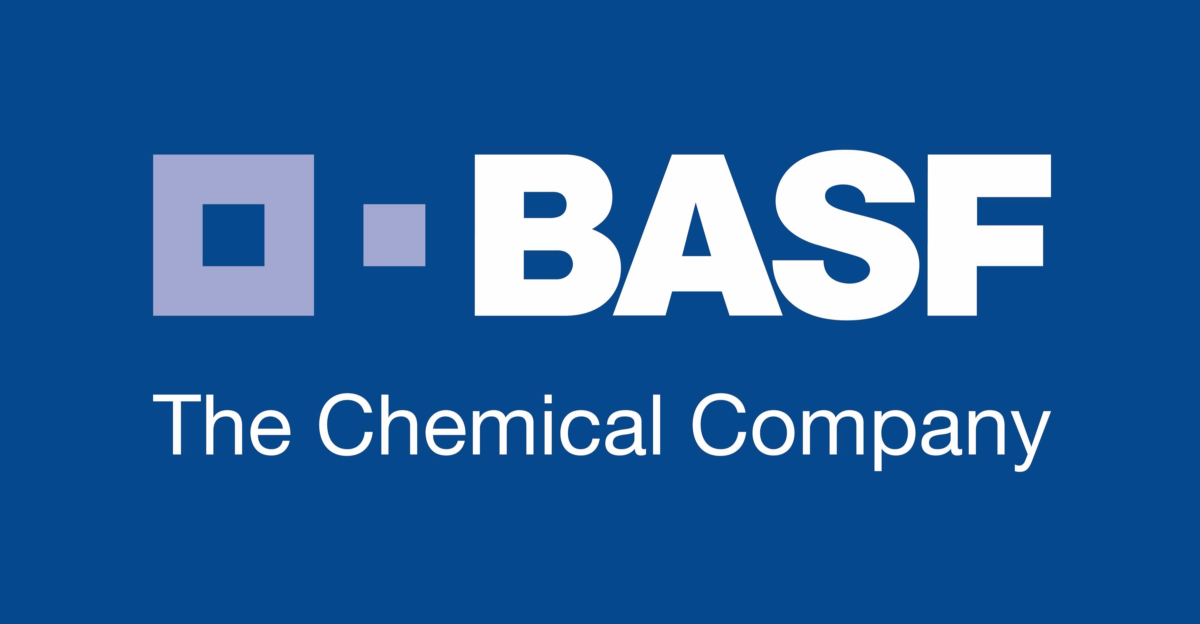More news
- PPG completes Colorful Communities project in Poland
- BASF and University of California, Berkeley, celebrate their successful 10-year collaborat...
- Axalta products win Silver 2024 Edison Awards
- IMCD Spain expands its Pharmaceuticals presence with the acquisition of Cobapharma
- PPG reports results for Q1, 2024

BASF will increase the production capacity of Alkylethanolamines (AEOA) by 20% at the BASF Verbund site in Ludwigshafen, Germany.
After the start-up in 2020, BASF’s global annual nameplate capacity of AEOA will be more than 110,000t/yr at its production facilities in Ludwigshafen, Germany; Geismar, USA; and Nanjing, China.
"As one of the world’s leading suppliers of amines, we continue to support the fast-growing customer demand for products of our Alkylethanolamine portfolio by increasing our capacity.
"The demand is particularly high for high-performance products in the Water- and Gas Treatment industries”, said Dr Andrea Frenzel, President, BASF Intermediates Division.
"The additional capacity in Ludwigshafen will primarily serve our strong European customer base”, added Dr Frank Stein, Senior Vice President, BASF Intermediates Amines Europe.
"We have highly efficient manufacturing processes, and with this investment, we provide our customers greater flexibility and reliability of supply than before.”
The versatile Alkylethanolamines are mainly used as precursors for flocculants applied in water treatment and in the coatings industry, where they act as binders between pigments and resins.
Other applications include gas treatment, fabric softeners, lubricants in metal working fluids and polyurethanes.
With about 300 different amines, BASF has the world’s most diverse portfolio of this type of chemical intermediates.
Along with alkyl-, alkanol- and alkoxyalkylamines, the company offers heterocyclic and aromatic, as well as specialty amines.
The range is completed by an expanding portfolio of chiral amines of high optical and chemical purity.
The versatile products are used mainly to manufacture process chemicals, pharmaceuticals and crop protection products, as well as cosmetic products and detergents.
They also serve to produce coatings, special plastics, composites and special fibres.



